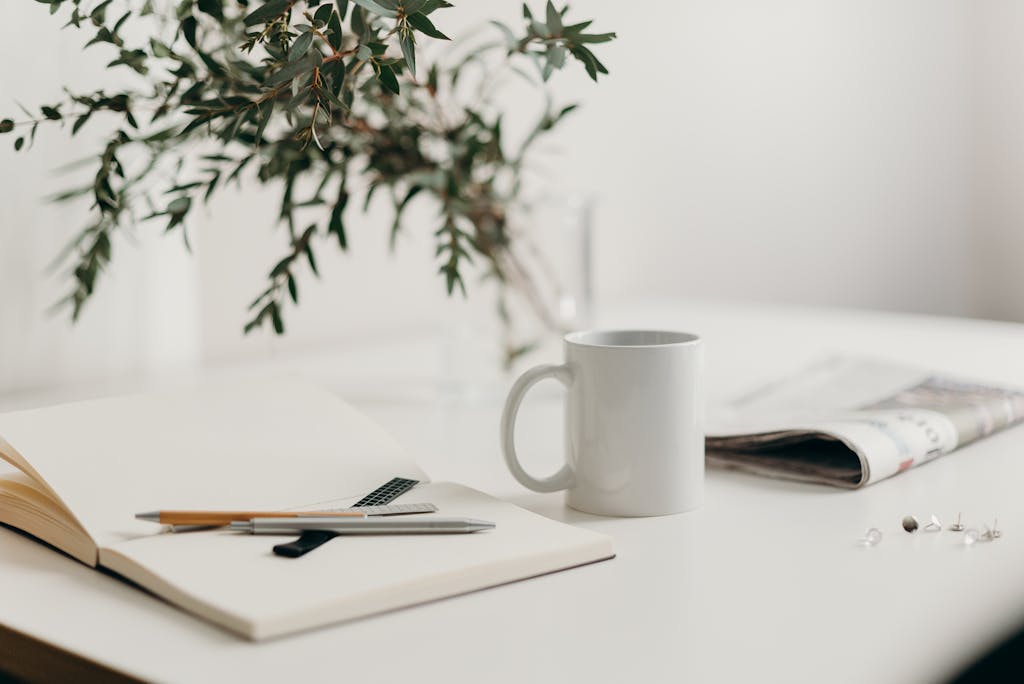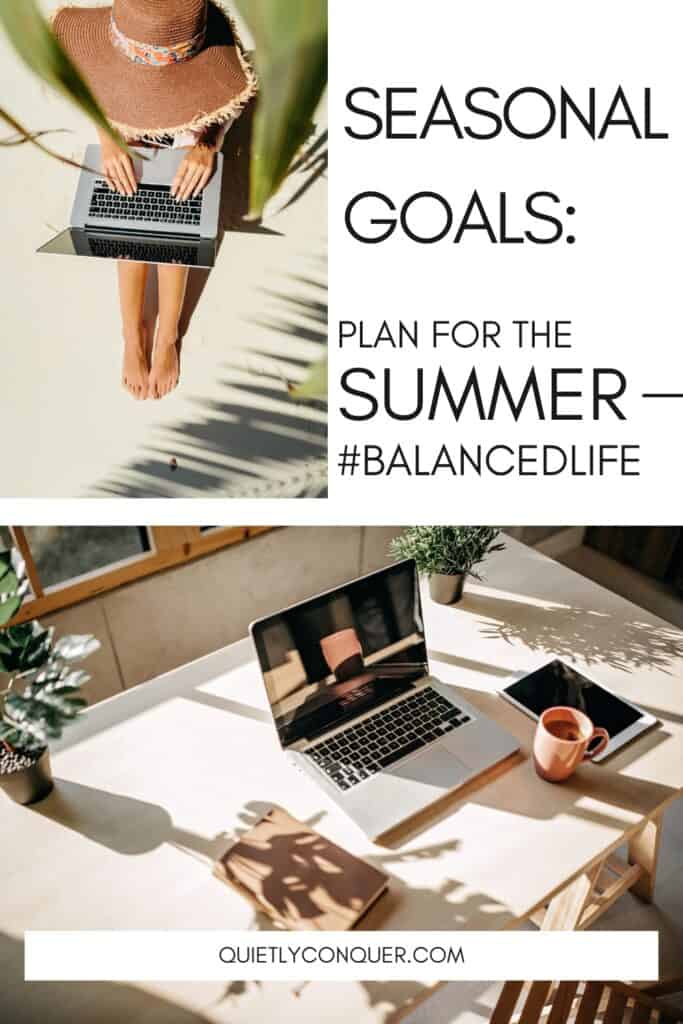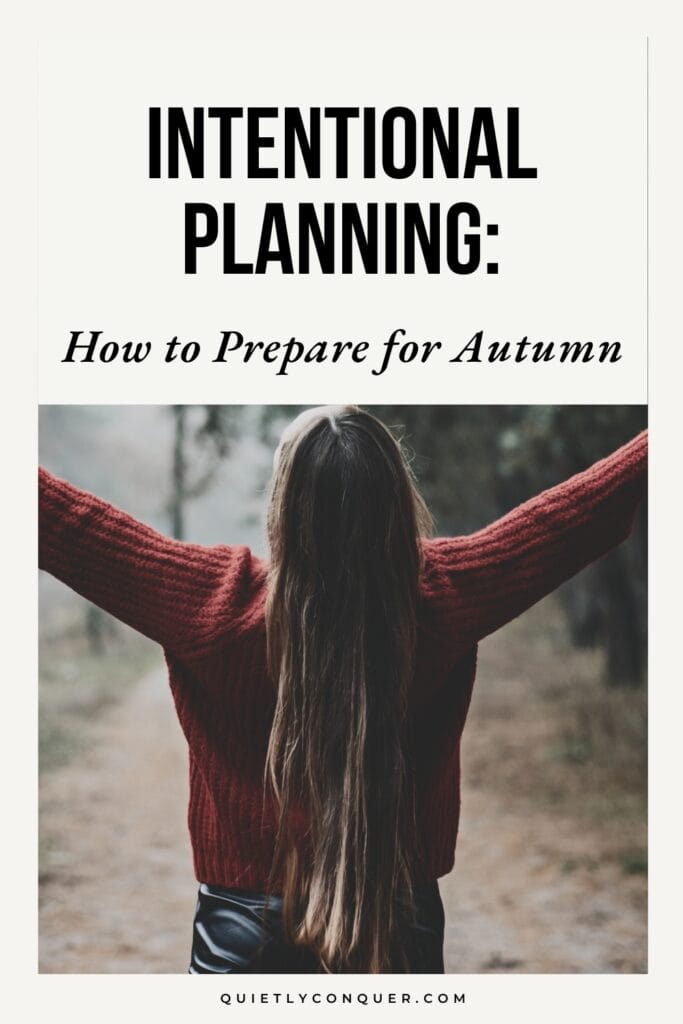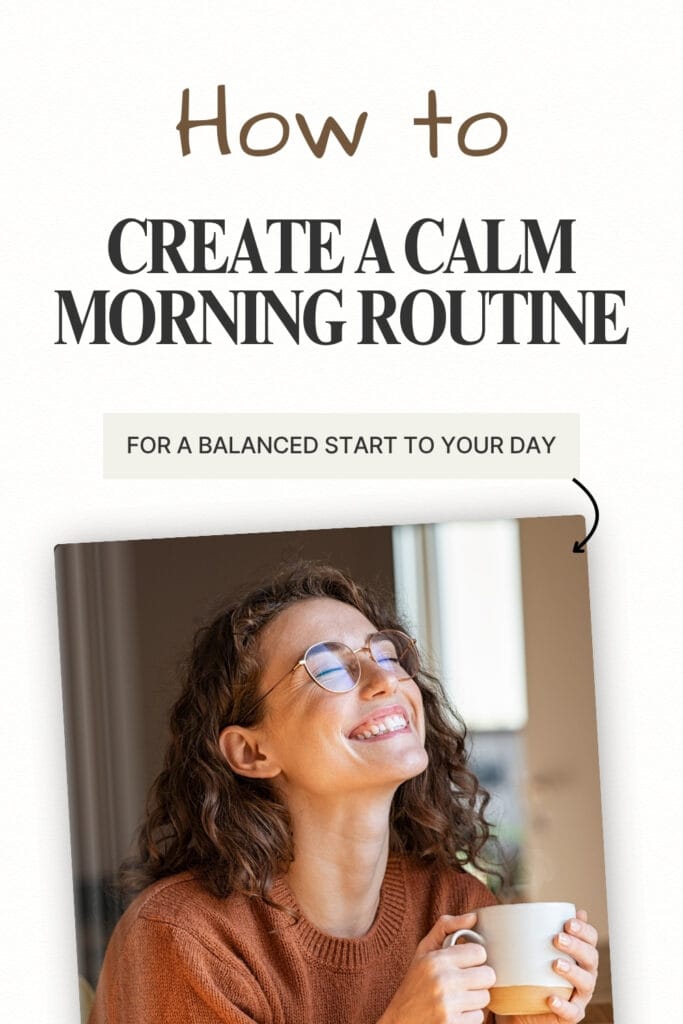The Power of Self-Reflection for Personal Growth and Happiness
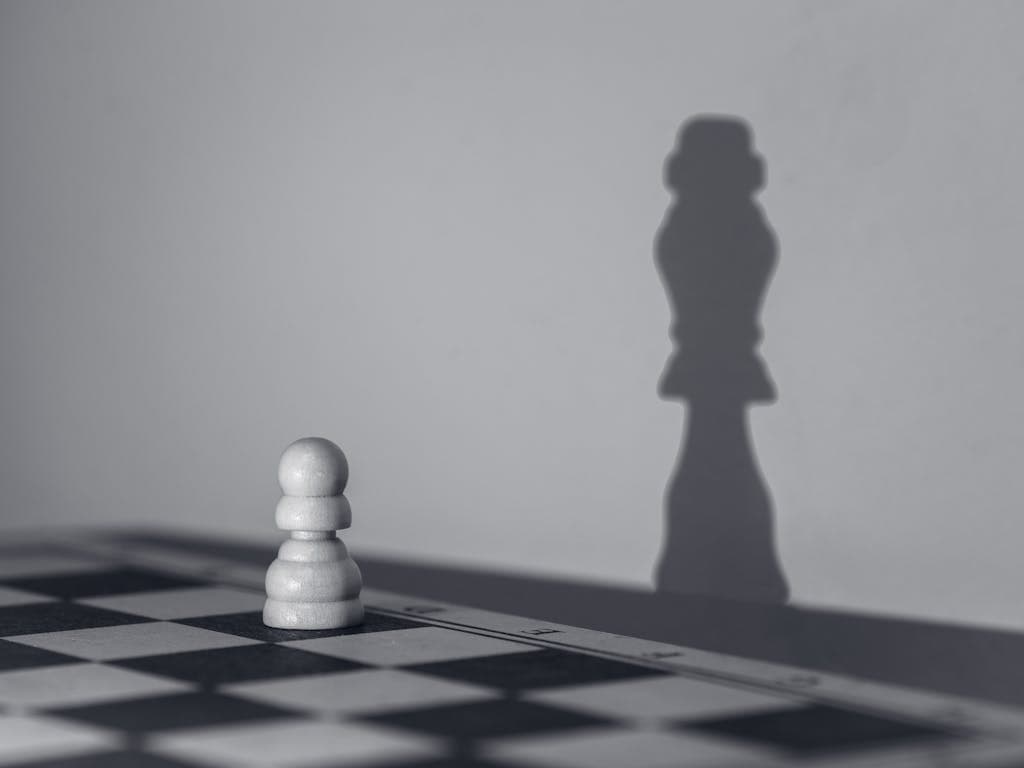
Self-Reflection for Personal Growth and Happiness
Life moves quickly. It’s easy to slip into autopilot, moving through the days completing tasks while feeling disconnected from yourself. When you're in the trenches, trying to stay on top of everything, finding space to pause can feel impossible. Yet it’s just a small pause that will help you feel clear, and connected again.
This is why self-reflection is a powerful tool. It isn’t a wellness trend that isn't helpful, it’s a gentle check-in that helps you slow down and make choices that align with your values. When there's disconnect, it's hard to understand why you're feeling this way.
Self-reflection – whether through mindfulness, planning or journaling, helps create awareness of why you're feeling this way. With this knowledge and understanding, you can begin to make change.
There are 30 prompts included at the end of the blog to help you focus on and build your self-reflection skills.
*Affiliate Disclosure: Some links in this post may contain affiliate links. If you purchase something via the link, I may receive a small commission. This doesn't affect the price you pay.
If you have any questions, reach out for a chat [email protected] or check out my other blogs
Table of Contents
What Self-Reflection Really Means
Self-reflection is the practice of holding a mirror up to yourself to understand yourself better. It's something that needs to be approached with compassion and genuine curiosity, rather than judgement or pressure to fix everything.
It means taking the time to look at and evaluate your thoughts, feelings, motivations, and behaviours so you can understand what’s driving them. By slowing down, noticing and understanding why you think, feel, or react in a certain ways, you start to see any patterns or subconscious beliefs that shape your experience day-to-day.
Self reflection helps you explore your thoughts and emotions, and understand why you may feel and act the way you do, and also to notice what your reactions might be trying to tell you.
For example, you might ask yourself:
- What felt difficult today?
- How am I really feeling about xyz?
- What felt good?
- What do I need right now?
When you start reflecting like this, it stops being about analysing and becomes more about understanding yourself better. It gives you space to pause, notice what’s really going on, and respond with a little more calm and clarity.
Reflection Isn’t Overthinking
People often mistake reflection for overthinking. But they are very different. In counselling training we sometimes call it nasal gazing – the act of looking inward to understand more. It's not self-indulgent or based on worry; it's simply a way of piecing things together, like noticing reactions to triggers, or understanding why things feels off, even when everything looks fine on the surface.
Overthinking – These are cycles of thoughts that loop continuously and leave you feeling tense or unsettled.
Reflection – This is intentional. It gives you space to pause, explore what's going on, and then let go – without getting stuck in that loop.
Once you stop getting caught in the loop of overthinking and start reflecting instead, you create space to pause and understand. That awareness helps you respond with more intention rather than reacting to things and situations on autopilot.
How Self-Reflection Supports Growth
Through reflection, you start to see patterns in how you think, feel, and respond. This awareness gives you the clarity to notice what’s working, what isn’t, and why, so you can make small, intentional changes that support your growth.
1. It builds self-awareness.
You start to recognise what gives you energy, what drains you, and what truly matters. Awareness helps you make decisions based on your values rather than habits, guilt, or ‘shoulds'.
2. It supports emotional balance.
Naming your emotions helps reduce their intensity and impact. You begin to respond with understanding rather than frustration. It's not about ignoring or dismissing feelings, just paying attention, pausing, and then choosing your response.
3. It strengthens resilience.
Self-reflection helps you find meaning in challenges you face. It doesn't remove the difficulty, but it helps you learn from it. By noticing how you coped and managed through those times, you strengthen your belief in yourself and your ability to handle future challenges too.
4. It supports genuine happiness.
Happiness isn’t about being positive or happy all of the time, or never experiencing difficulties. It’s about feeling steady and comfortable in yourself, even when life feels challenging or uncertain.
The Psychology of Self-Reflection
Research shows that taking time to reflect can reduce stress, lift your mood, and support emotional wellbeing. Self-reflection helps the brain process experiences and regulate emotions, allowing you to respond with calm understanding.
A 2018 study on positive affect journaling found that even brief daily reflections improved mental health over time (Smyth et al., 2018). even in participants facing long-term challenges.
In simple terms, reflection helps your mind make sense of what’s happened, rather than letting thoughts and emotions build up in the background.
Writing or thinking things through gives your brain a way to organise, release, and reset, which is why even a few quiet minutes can make you feel lighter and more in control. As a therapist it's something I support clients to do in sessions and in between, so that they can practice noticing patterns, processing emotions, and building self-awareness in real time.
It’s simple to start a self-reflection practice, and one that will fit into your daily routine. You don’t need much time or structure to begin – just a few quiet minutes.
How to Begin (Without Overwhelm)
Try not to overthink it – you don’t need a special notebook (although if you want one, go for it!) or an hour a day. A few quiet minutes each morning or evening is more than enough to start building a self-reflection habit that fits naturally into your routine.
Try this four-step reflection at the end of each day:
- What happened today? (Just the facts)
- How did I feel?
- What did I learn or notice?
- What’s one small thing I’ll do differently tomorrow?
Choose a simple format that feels natural. This could be writing, voice notes, or just a few quick bullet points. What matters most is honesty and consistency, not perfection. Over time, those short reflections add up and help you see your days more clearly.
When to reflect:
- Morning: While you're enjoying a few quiet moments, practice self-reflection to help you move into the day with calm focus.
- Afternoon: A midway reset can be a great way to refocus between tasks and re-energise.
- Evening: Before you settle down, spend a little time reflecting on the day to release the events of the day.
To help ease into a routine, consider habit stacking, where you anchor your self-reflection time to something you already do as part of your daily routine. For example, journal when you enjoy your morning coffee, or as part of your wind-down routine in the evening.
I explore habit stacking in another blog you can read it here.
Why Self-Reflection Makes You Happier
Self-reflection helps you feel happier because it gives you space to slow down and check in with yourself. You start to notice what’s working, what isn’t, and what you might need more of. That awareness helps you make small changes that bring more calm, balance, and joy into everyday life.
You might notice how saying yes too often drains you, or that slower mornings influences a more positive day. Acting on those insights and making small changes, helps your daily life feel more intentional and aligned with what matters most to you.
The sense of calm that comes from living in a more balanced way is what often leads to feeling happier. Uncertainty and the unknown can feel unsettling. They're often the cause of worry or anxiety. Through self-reflection, you can feel more in control of your own responses and reactions to things. The lessons you learn strengthen your resilience, and allows you to trust yourself more, moving you out of the cycle of self-doubt.
A 7-Day Gentle Start
Here’s an easy way you could begin your own self-reflection practice. These are only suggestions, the key is to make it fit into your life and your needs:
Day 1: 3-minute check-in. How are you feeling today? What worries do you notice? What feels good?
Day 2: 3-Minute check-in. Notice what gave you energy today. How can you bring more of this into your life?
Day 3: 5-Minute check-in. Reflect on what drained you, and one small change you'd like to introduce to ease this.
Day 4: 5-Minute check-in. Identify one thing you’re proud of. Notice how it feels to remember this.
Day 5: 5-Minute check-in. Think about a value that's important to you. Why does it matter?
Day 6: 5/10-Minute check-in. What's one area of your life that feels out of balance at the moment? Why might that be?
Day 7: 5/10-Minute check-in. Review the week: What helped? What hindered? What changes would you like to make next week, and how will you do this?
By the end of the week, you'll likely feel more comfortable with this process of self-reflection. As you build confidence, you'll naturally begin to explore more deeply, and the writing will feel much easier.
Do you practice self-reflection? Share below how it helps you
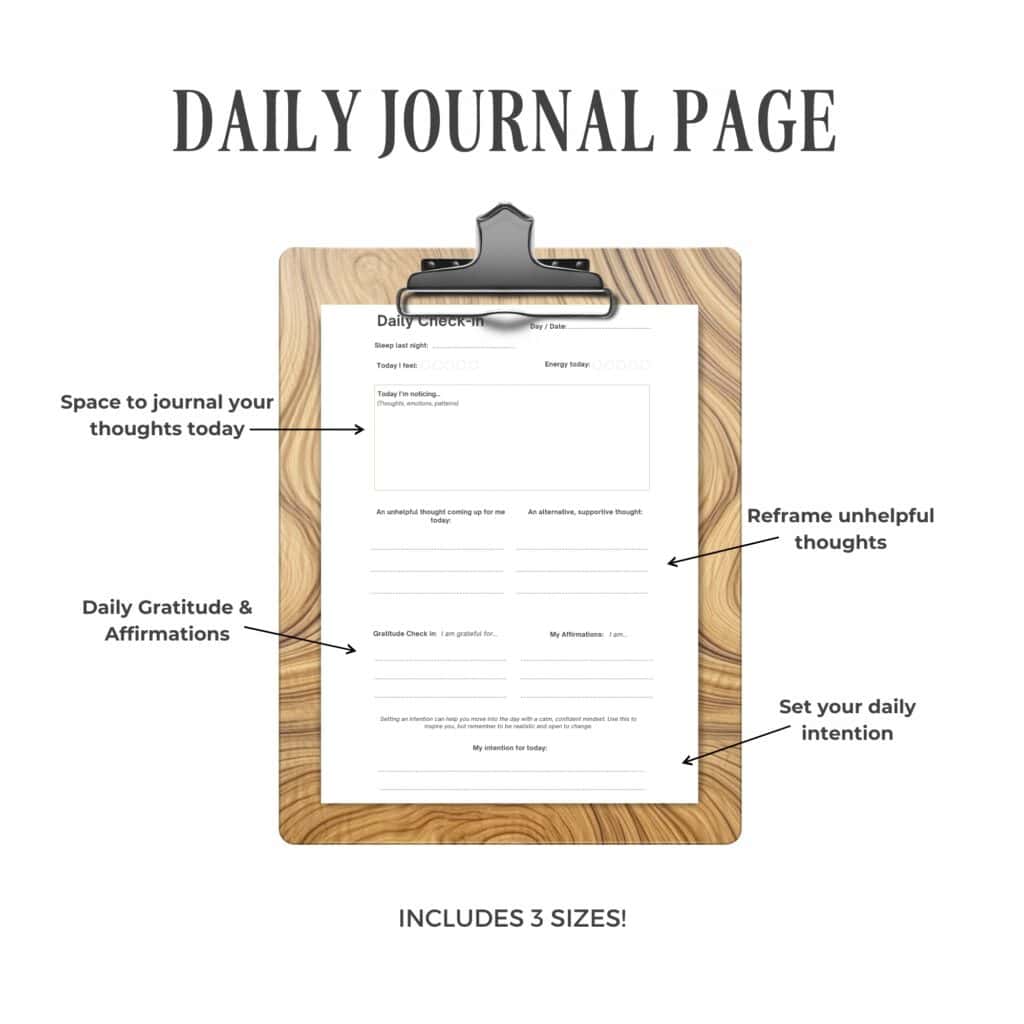
Daily Journal Page
Create a calm daily routine to improve your mental health, replace unhelpful thinking, and find gratitude in each day.
This printable journal page is based on the principles of CBT, and can also be used on your favourite note-taking apps if you prefer to journal digitally!
Tools, Resources & Support
Take a look at these tools & resources that will help you with your seasonal goals and personal growth:
Cognitive Distortions Worksheet – Support emotional clarity and build self-awareness with this printable CBT thought distortions worksheet. It's designed to help you (or your clients) challenge negative thinking patterns using practical cognitive behavioural therapy techniques.
Impact Stationery – Have you ever dreamed of creating your own high-end stationery products? Laura has an amazing course & community designed to help you created printed products that you can market on Amazon, or your own website. It's different to KDP in that they're not print on demand, and the quality of products are incredible.
Elite Sourcing Collective – Laura has also introduced a brilliant new tier in her Elite Sourcing Collective. With free access to Impact Stationery as part of this offer, you also get to take part in a 6-week sprint, and have access to one of her recommended manufacturers, making the step into bringing your product to life even easier. Highly recommend being part of this group. At $999 per year, and with access to ISC – it's an incredible deal!
Etsy – Are you ready to create your own online store? Etsy is a brilliant shopping platform that's used by millions. Setting up your store is simple, and when you sign up with this link we both get 40 free listings!
Final Thoughts – Self-Reflections
Self-reflection is one of the most powerful tools that you have – and it costs nothing! It's something you can do in the comfort of your home, you don't need to pay for expensive materials, or complicated methods. It's simply about connecting with yourself so you can understand who you truly are.
You don't need to spend hours each day doing this, a few minutes of self-reflection is plenty enough to increase your self-awareness and gently build your confidence.
I learned more about self-reflection during my therapy training, and it helped me grow not only as a therapist, but on a personal level too. The act of emptying my mind, reviewing my reactions, and reflecting on daily experiences helped me see what I needed to change.
It improved my mental health, and led to small, meaningful changes that I still live by today.
While you can absolutely practice self-reflection without prompts, they can be incredibly helpful when you're unsure where to start or want to explore your thoughts more deeply.
It's something I encourage many of my therapy clients to do, and we often discuss their reflections during sessions. However, please consider reaching out for professional support if you need to.
Remember, this isn't about adding pressure, or doing things perfectly. It's simply a way to get to know yourself on a deeper level. In just a few minutes each day, you can increase your self-awareness, and in turn improve your mental wellbeing.
Below you'll find 30 journal prompts to support your self-reflection.
30 Self-Reflection Prompts for Growth and Happiness
(Use one each day, or choose intuitively. They build from simple awareness to deeper insight and alignment.)
Awareness & Observation
- What gave me energy today?
- What drained me?
- How did I feel when I woke up, and how did that change through the day?
- When did I feel calm or content?
- What helped me cope when things didn’t go to plan?
- What small win can I celebrate this week?
- What moments made me smile?
- What habits or routines help me feel grounded?
- What do I need more of right now?
- What do I need less of?
Emotional Awareness & Understanding
- When do I feel most like myself?
- What situations tend to trigger stress or self-doubt?
- How do I usually respond when I feel overwhelmed?
- What am I avoiding, and why?
- What does my inner critic often say – and how true is it?
- What helps me return to calm after stress?
- What boundary could protect my energy this week?
- When was the last time I surprised myself in a good way?
- What emotions am I finding hardest to sit with lately?
- What am I learning about how I handle challenges?
Growth, Alignment & Meaning
- What values matter most to me right now?
- Where am I saying yes when I mean no?
- What’s one area of life that feels out of balance – and why?
- What does “happiness” mean to me in this season of life?
- What old belief or story am I ready to let go of?
- What would “enough” look like for me today?
- How can I show myself more compassion this week?
- What lesson keeps reappearing in my life? How can I stop this cycle?
- What am I most grateful for about who I’m becoming?
- What does growth mean to me, and how can I honour it each day?
I would love to hear your favourite way to practice Self-Reflection. How has it helped?
Share below ⬇️
Coming Soon – Inspired Notes. A community on Skool dedicated to daily inspiration for wherever you are in life. Here's the link to the community. Request to join and I will accept you once the group is ready! This will be a low-key, chilled group focused on inspiring growth, gentle change and motivation when you need it the most. No pressure to show up in the community if you prefer to be a quiet member – you are very welcome.
If this post helped or you enjoyed reading it, please share one of the images below as it really helps my blog – Thank You!
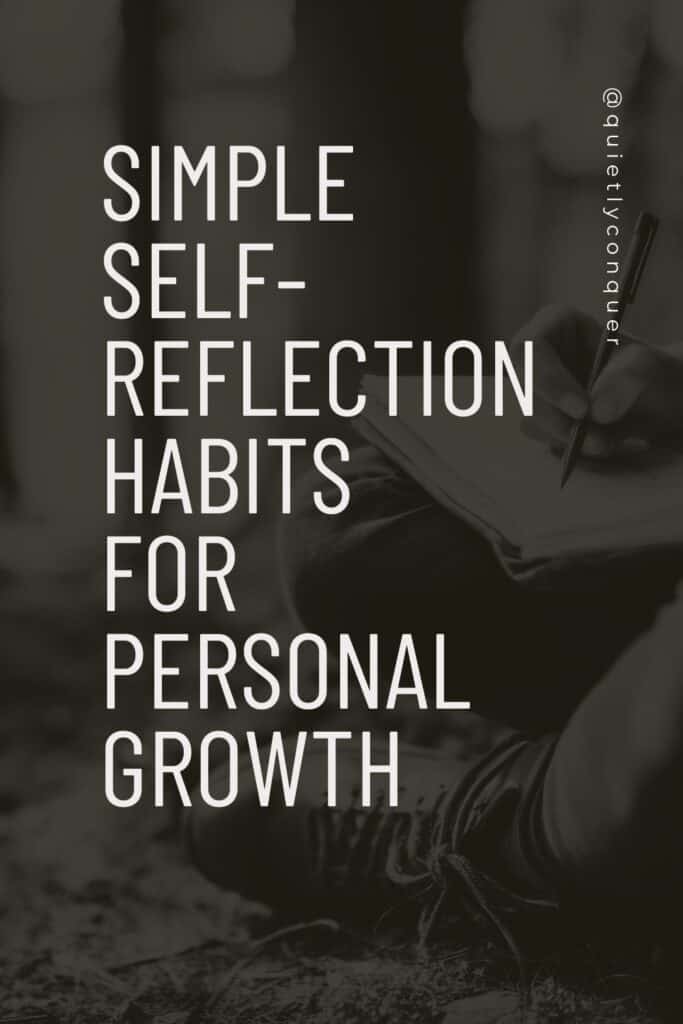
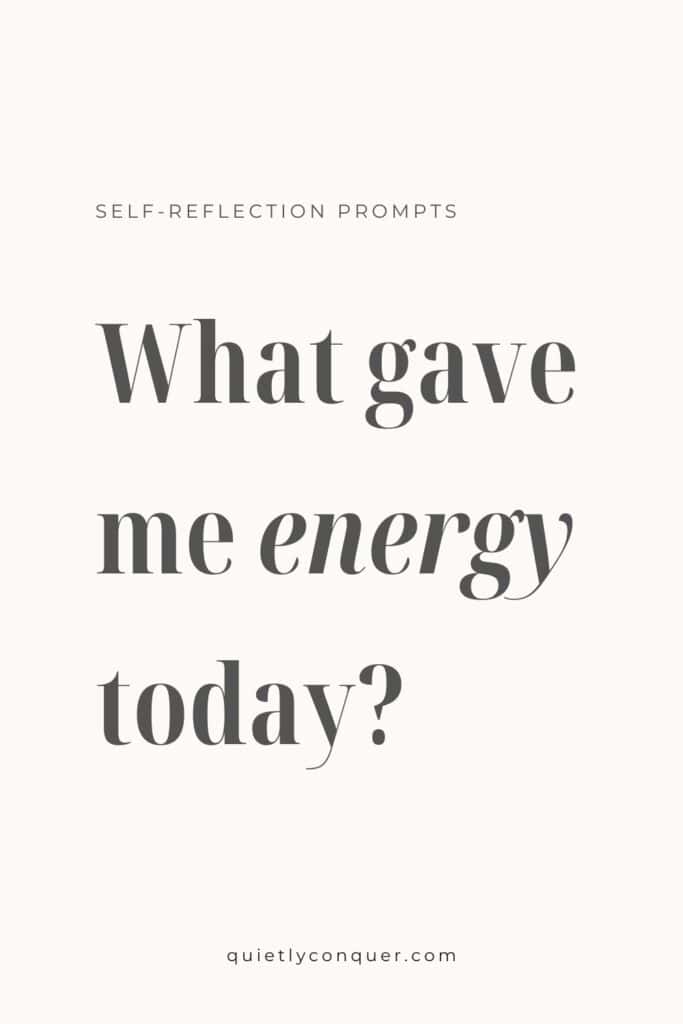
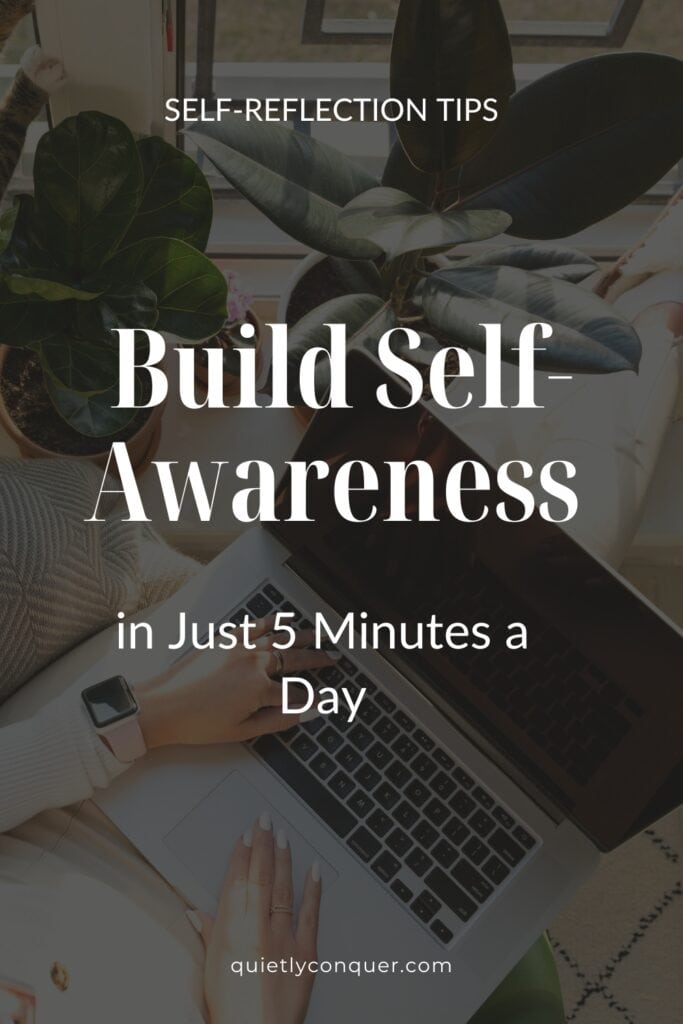
Meet Lynsey
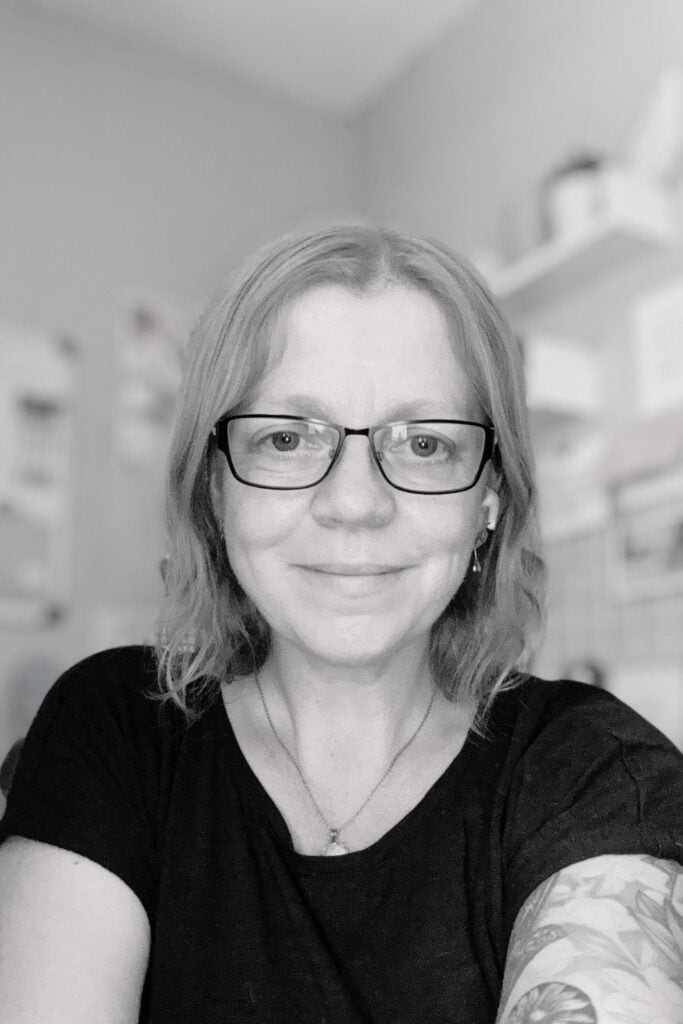
Hey there! I'm Lynsey, a counsellor, coach and mentor for women who want to create change, but are feeling lost, uncertain and exhausted. With over 7 years’ experience of training, running businesses, and over a decade as a tutor and adult trainer, I've learned the value of a gentle and intentional approach to work and life that energises you without draining all of your energy.
I've lived with ME/CFS since 2011, and since then re-trained as a counsellor, and achieved a distinction for my Masters in Counselling and Psychotherapy Practice; all while running 4 businesses!
How? Improving your mindset, finding acceptance in yourself, and developing a gentle, but solution-focused approach to achieving goals is key. Knowing that it's not about how fast you move, but finding your own pace and trusting that you can achieve your goals in your own way, one step at a time.
If you'd like to know more about working with me, you can email [email protected] or find me on socials (links in the menu)
Have you seen my online store Quietly Conquer – Find DFY templates, downloads and more!

